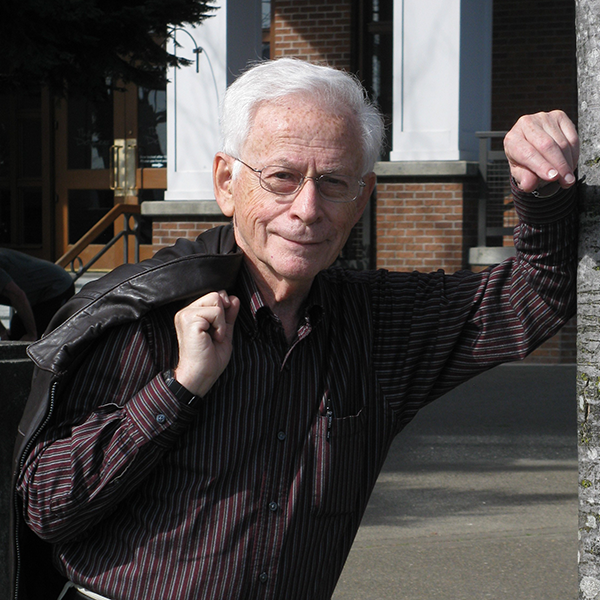In memoriam: Shelby Kashket
Shelby Kashket, a member of the American Society for Biochemistry and Molecular Biology for almost 30 years, died on Nov. 29, 2020 in Tucson, Arizona. Kashket was known for his research on the formation and prevention of dental cavities. He was 89 years old.

Born February 1, 1931 in Montreal, Canada, Kashket received his undergraduate and graduate degrees from McGill University in Montreal. He conducted his graduate research under the direction of O. F. Denstedt in the biochemistry department. His research focused on the preservation of red blood cells, which became particularly important during World War II when the need for blood transfusions increased in civilian and military hospitals. The work was funded by the National Research Council of Canada and the Defense Research Board of Canada.
Kashket subsequently conducted research at the Harvard Medical School and School of Dental Medicine in the 1960s before joining the Forsyth Institute in Boston, an independent research institute affiliated with Harvard School of Dental Medicine. which focused on oral health.
There, Kashket’s research focused on how the products of cellular metabolism impact bacteria in the oral cavity and periodontal disease state. His most recent research described how the anaerobic Gram-negative periodontal pathogen Bacteroides forsythus produces toxic levels of the metabolite methylglyoxal in response to glucose exposure and how methylglyoxal accumulation in the periodontal pocket may significantly contribute to pathogenesis. He also wrote several review articles on the relationship between food starches and tooth decay, and he periodically collaborated with his late wife, microbiologist Eva Kashket, who died in 2011.
Kashket was awarded two patents, one for a device used to locate and identify dental microorganisms and one focusing on the development and preparation of flavor compositions.
He is survived by his wife, Judith Manelis; children, Julie Mackley and Michael Kashket; grandchildren Rebecca Mackley, Michael Mackley and Toby Kashket; and great-grandchild Jacob Mackley.
Enjoy reading ASBMB Today?
Become a member to receive the print edition four times a year and the digital edition monthly.
Learn moreGet the latest from ASBMB Today
Enter your email address, and we’ll send you a weekly email with recent articles, interviews and more.
Latest in People
People highlights or most popular articles

Finding a symphony among complex molecules
MOSAIC scholar Stanna Dorn uses total synthesis to recreate rare bacterial natural products with potential therapeutic applications.

Sketching, scribbling and scicomm
Graduate student Ari Paiz describes how her love of science and art blend to make her an effective science communicator.

Embrace your neurodivergence and flourish in college
This guide offers practical advice on setting yourself up for success — learn how to leverage campus resources, work with professors and embrace your strengths.

Survival tools for a neurodivergent brain in academia
Working in academia is hard, and being neurodivergent makes it harder. Here are a few tools that may help, from a Ph.D. student with ADHD.

Quieting the static: Building inclusive STEM classrooms
Christin Monroe, an assistant professor of chemistry at Landmark College, offers practical tips to help educators make their classrooms more accessible to neurodivergent scientists.

Hidden strengths of an autistic scientist
Navigating the world of scientific research as an autistic scientist comes with unique challenges —microaggressions, communication hurdles and the constant pressure to conform to social norms, postbaccalaureate student Taylor Stolberg writes.

